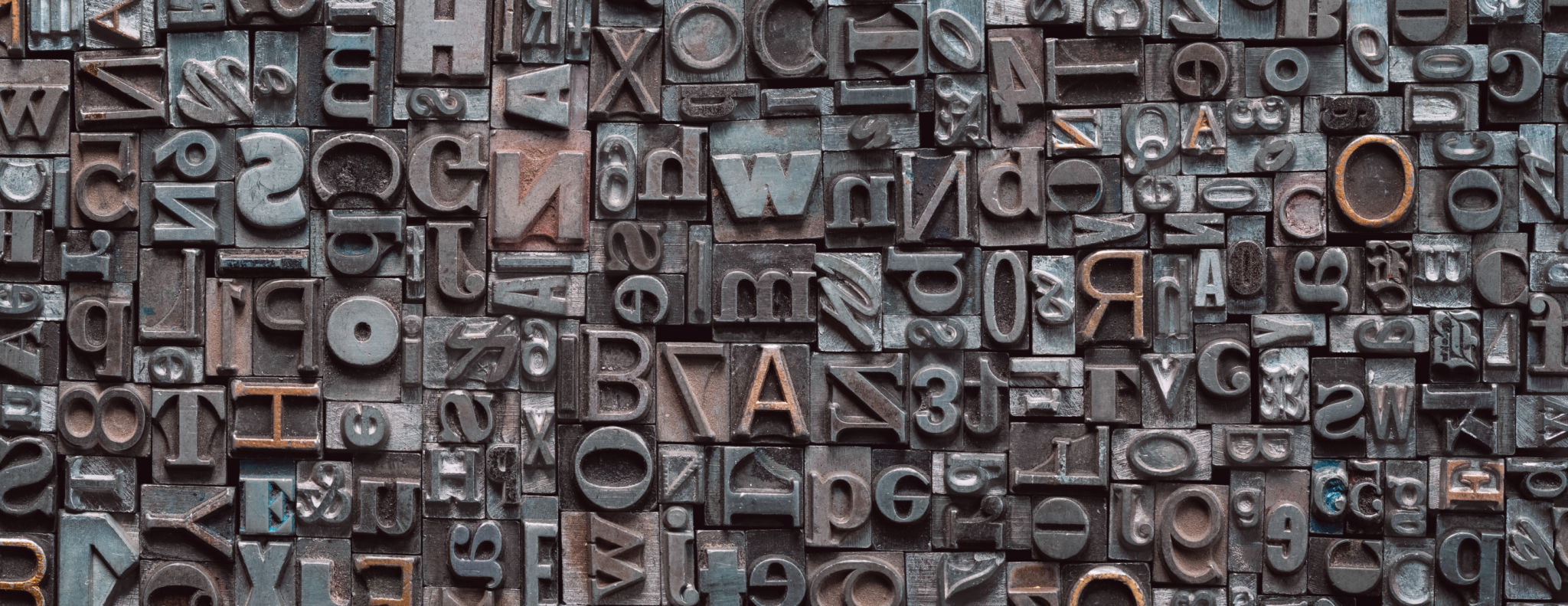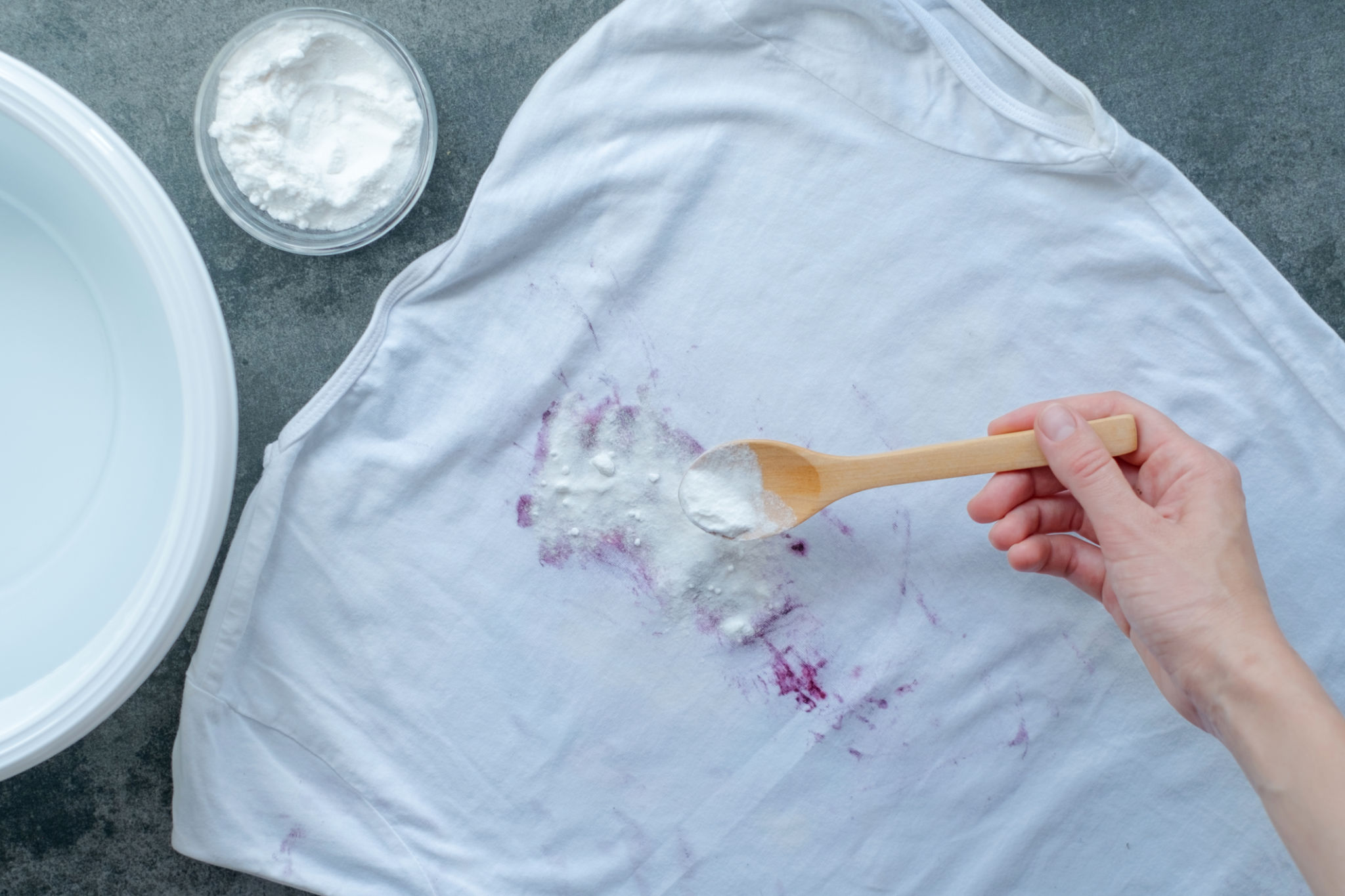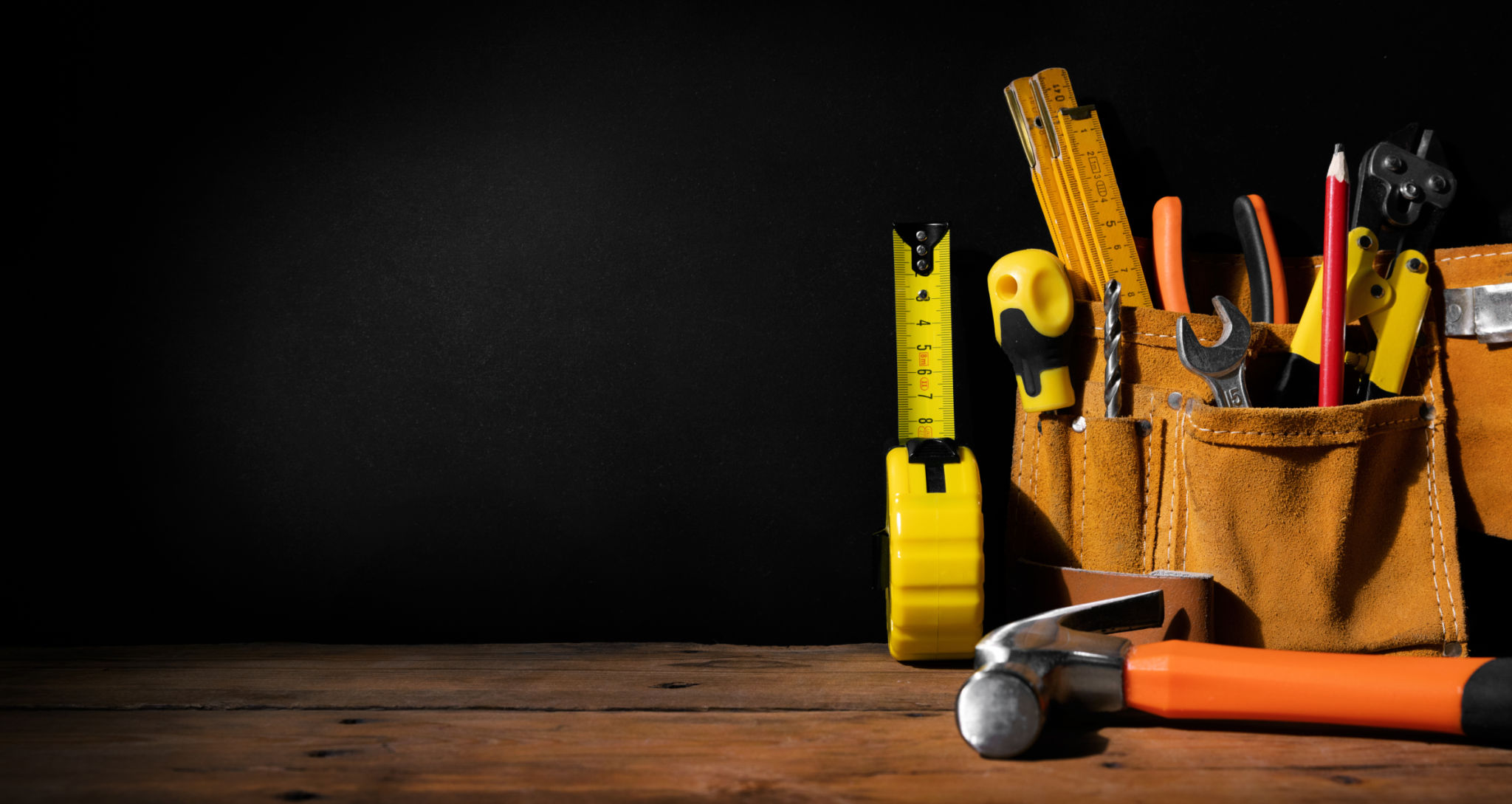How to Maintain Your Wallpaper: Expert Tips and Tricks
Understanding Your Wallpaper Type
To maintain your wallpaper effectively, it's crucial to understand the type you have. Wallpapers come in various materials such as vinyl, fabric, and paper. Each type has its unique characteristics and maintenance requirements. For instance, vinyl wallpaper is more durable and water-resistant, making it suitable for kitchens and bathrooms. On the other hand, paper wallpaper requires more delicate handling.
Knowing your wallpaper type helps you choose the right cleaning methods and solutions. Always check the manufacturer's guidelines for specific care instructions. This ensures you don't inadvertently damage your wallpaper while trying to clean it.

Regular Dusting and Cleaning
Regular dusting is essential to keep your wallpaper looking fresh and vibrant. Use a soft cloth or a vacuum cleaner with a brush attachment to remove dust gently. For vinyl wallpapers, a slightly damp cloth can be used for more thorough cleaning. Avoid using abrasive materials that can scratch or damage the surface.
If you encounter stains, act quickly. For simple smudges, a mild soap solution works well. Apply the solution with a sponge, and then wipe it with a clean, damp cloth. Always test any cleaning product on an inconspicuous area first to ensure it doesn't cause discoloration.

Addressing Stains and Marks
Sometimes, despite regular maintenance, stains and marks can appear on your wallpaper. Common culprits include fingerprints, food splatters, or crayon marks if you have children. For these stubborn stains, consider using specialized cleaning products designed for wallpaper.
For ink or crayon marks, a paste of baking soda and water can be gently applied to the stain. Rub lightly with a soft cloth and rinse with water. Remember to avoid excessive moisture when cleaning, especially with non-vinyl wallpapers, as this can lead to warping or bubbling.

Preventing Wallpaper Damage
Preventative measures are key to extending the life of your wallpaper. Avoid placing furniture too close to walls to prevent dents or scratches. Use wall anchors for heavy decorations to avoid ripping or tearing the wallpaper.
In areas prone to moisture or humidity, such as bathrooms or kitchens, ensure proper ventilation. This helps prevent mold or mildew growth on wallpaper, especially if it's not vinyl. Consider using exhaust fans or dehumidifiers to maintain an optimal environment.
Repairing Minor Damages
If your wallpaper does suffer minor damage, such as small tears or peeling edges, it can often be repaired without needing a full replacement. For peeling edges, apply wallpaper adhesive to the loose section and press it back in place. Smooth out any air bubbles with a clean cloth.

Long-Term Maintenance Tips
For long-term maintenance, consider rotating furniture and decorations periodically. This prevents uneven fading caused by sunlight exposure and ensures all areas of your wallpaper receive equal attention during cleaning.
Additionally, if you're planning any home renovations or painting projects, cover your wallpaper with protective sheets to shield it from dust and paint splatters. Taking these precautions helps maintain the appearance and longevity of your wallpaper investment.
